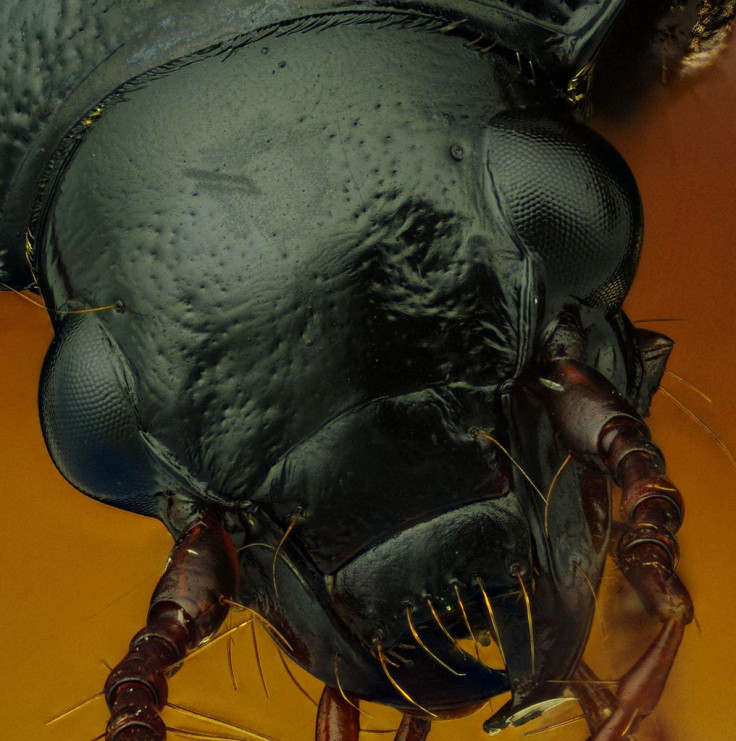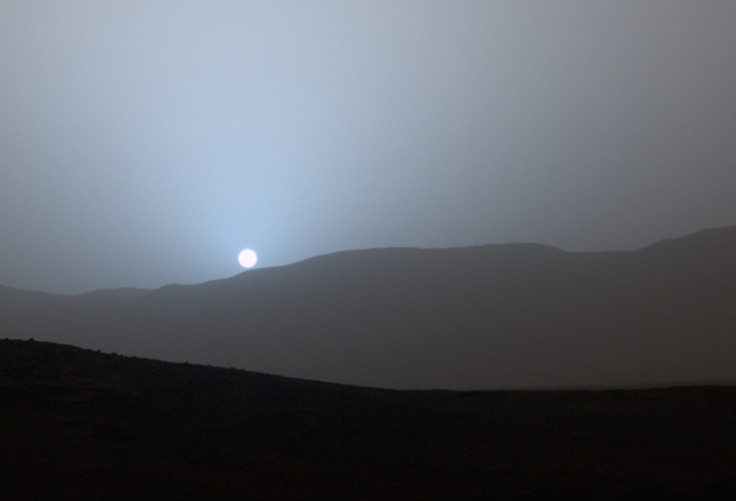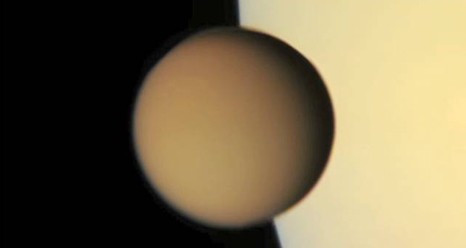What would aliens on Mars and Titan be like?

In order to predict what alien life would be like on Mars and Titan, we should look to the organisms that can survive in Earth's most extreme habitats, a scientist has said. Planetary scientist Dirk Schulze-Makuch says it is important to try to work out what form extraterrestrial life might take as it will make it easier to find when we go looking for it.
Schulze-Makuch, from Washington State University, explained his ideas in the journal Life: "If you don't explore the various options of what life may be like in the universe, you won't know what to look for when you go out to find it. We do not propose that these organisms exist but like to point out that their existence would be consistent with physical and chemical laws, as well as biology."
Looking to Mars, he said some Earthly creatures could feasibly survive on Mars if they had a few adaptations. Any organisms there would need to find a way to get water in an environment that is drier and colder than the Atacama Desert in Chile. This could be done if the organism was able to use a water-hydrogen peroxide mixture instead of water as an intracellular liquid.

The hydrogen peroxide would help microorganisms survive the freezing Martian winters because it is a natural antifreeze. It is also hygroscopic so it naturally attracts water molecules from the atmosphere. A plant-like organism could phyotosynthesize hydrogen peroxide in the day and then at night they could use it to scavenge water from the atmosphere.
Schulze-Makuch said there could even be larger more complex life, possible similar to the bombardier beetle that could feast on these microorganisms as a source of food and water. This species of beetle excretes a mix of hydrogen peroxide and other chemicals to ward off chemicals: "On other planets, under gravity conditions similar to those present on Mars, a bombardier beetle-like alien could excrete a similar reaction to propel itself as much as 300m into the air," he said, explaining it could use this propulsion to move between patches where the microorganisms live.

Titan is far colder than Earth. There is also no liquid water or carbon dioxide in the atmosphere – two components considered essential for life. If organisms were to exist on this icy moon, Schulze-Makuch said they would have to use something other than water as an intracellular liquid, possible a liquid hydrocarbon like methane or ethane.
Organisms could live in the liquid methane and ethane lakes and seas on Titan's surface in the same way marine organisms live in water on Earth. Oxygen would be replaced by hydrogen and it would react with acetylene to produce methane instead of CO2. Schulze-Makuch also said the temperature would mean they had an extremely slow rate of metabolism, so ageing would occur much slower – this would raise their lifespan considerably.
He said: "On Earth, we have only scratched the surface of the physiological options various organisms have. But what we do know is astounding. The possibilities of life elsewhere in the universe are even more staggering. Only the discovery of extraterrestrial life and a second biosphere will allow us to test these hypotheses," he said, "which would be one of the grandest achievements of our species."
© Copyright IBTimes 2025. All rights reserved.






















